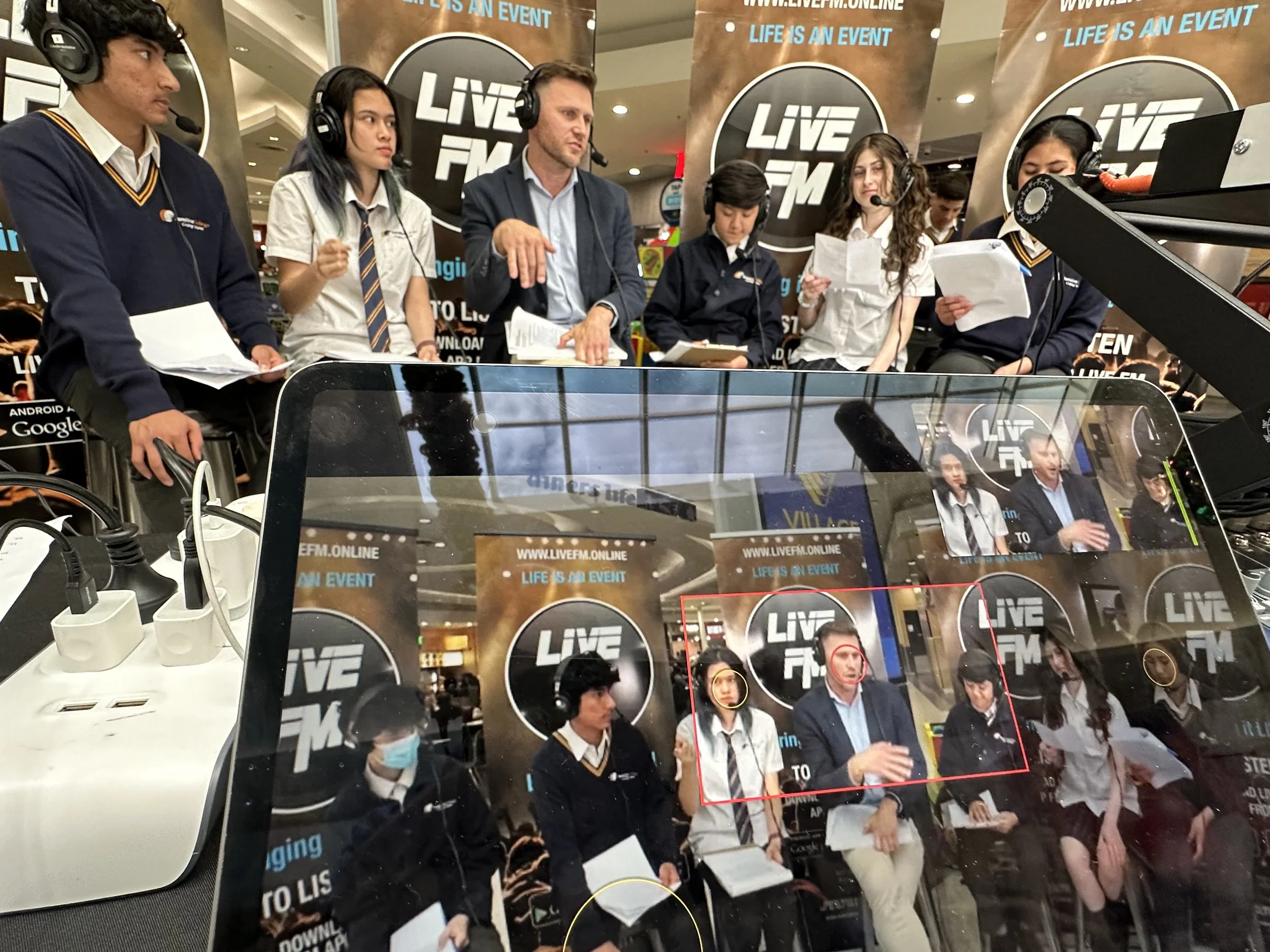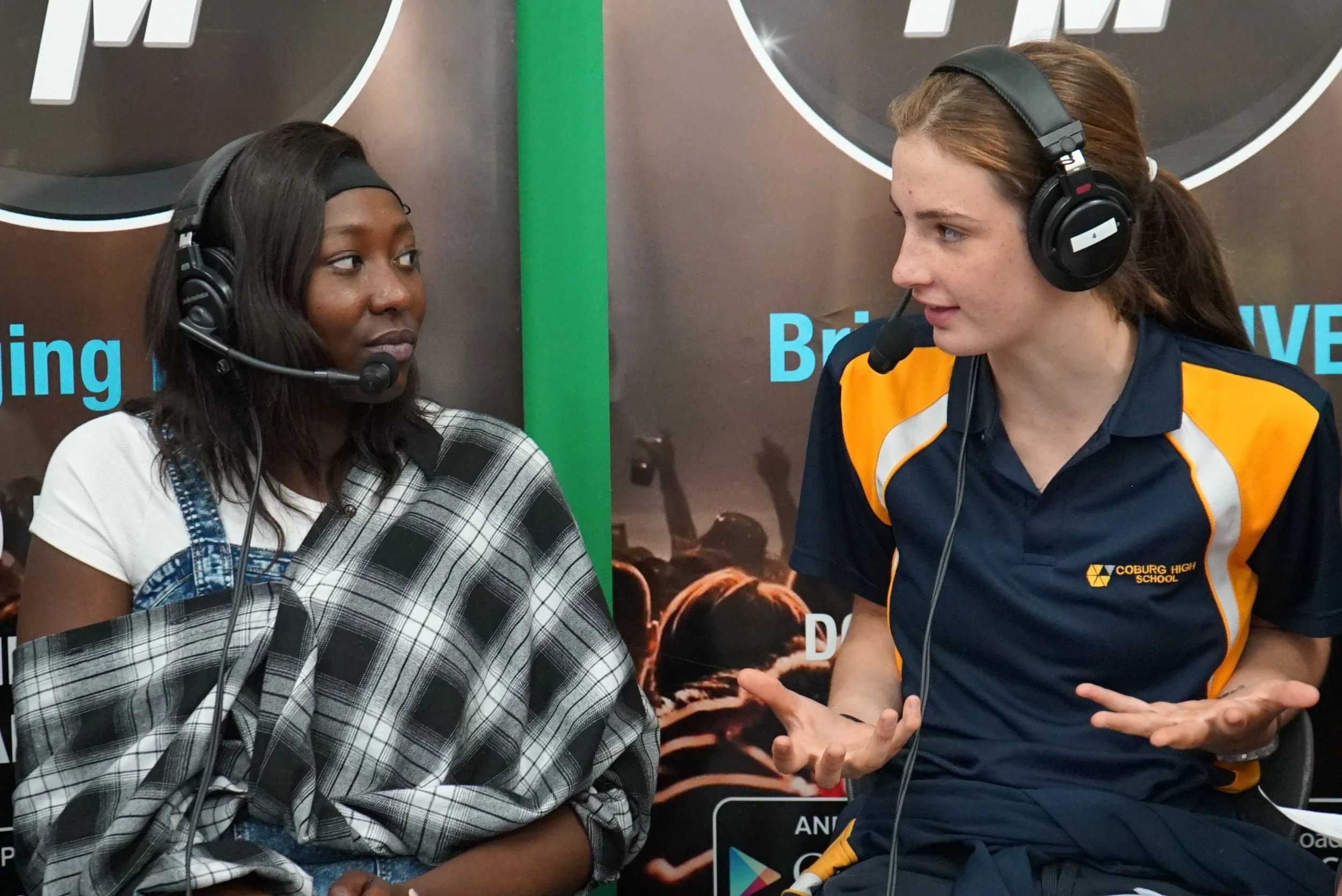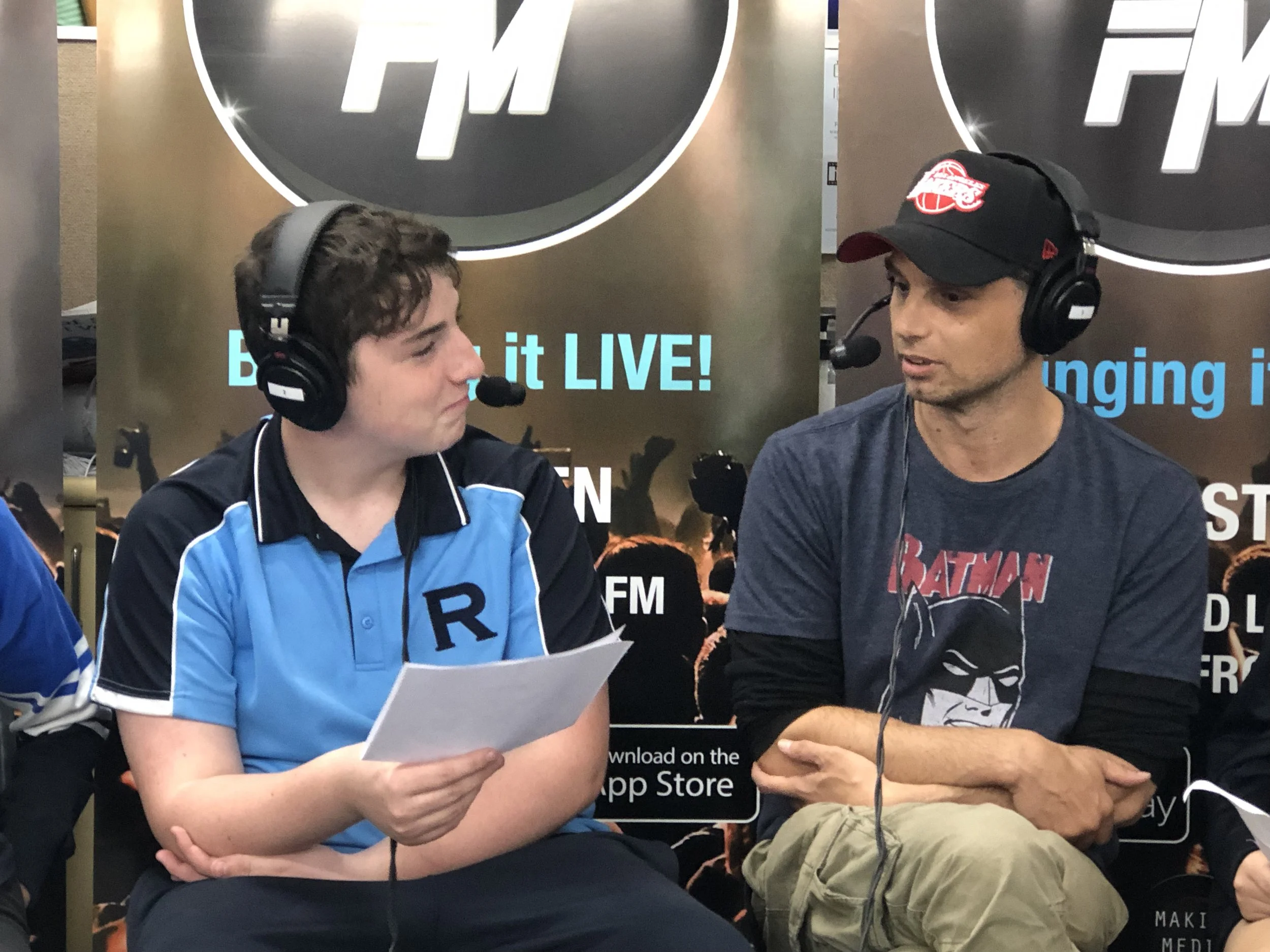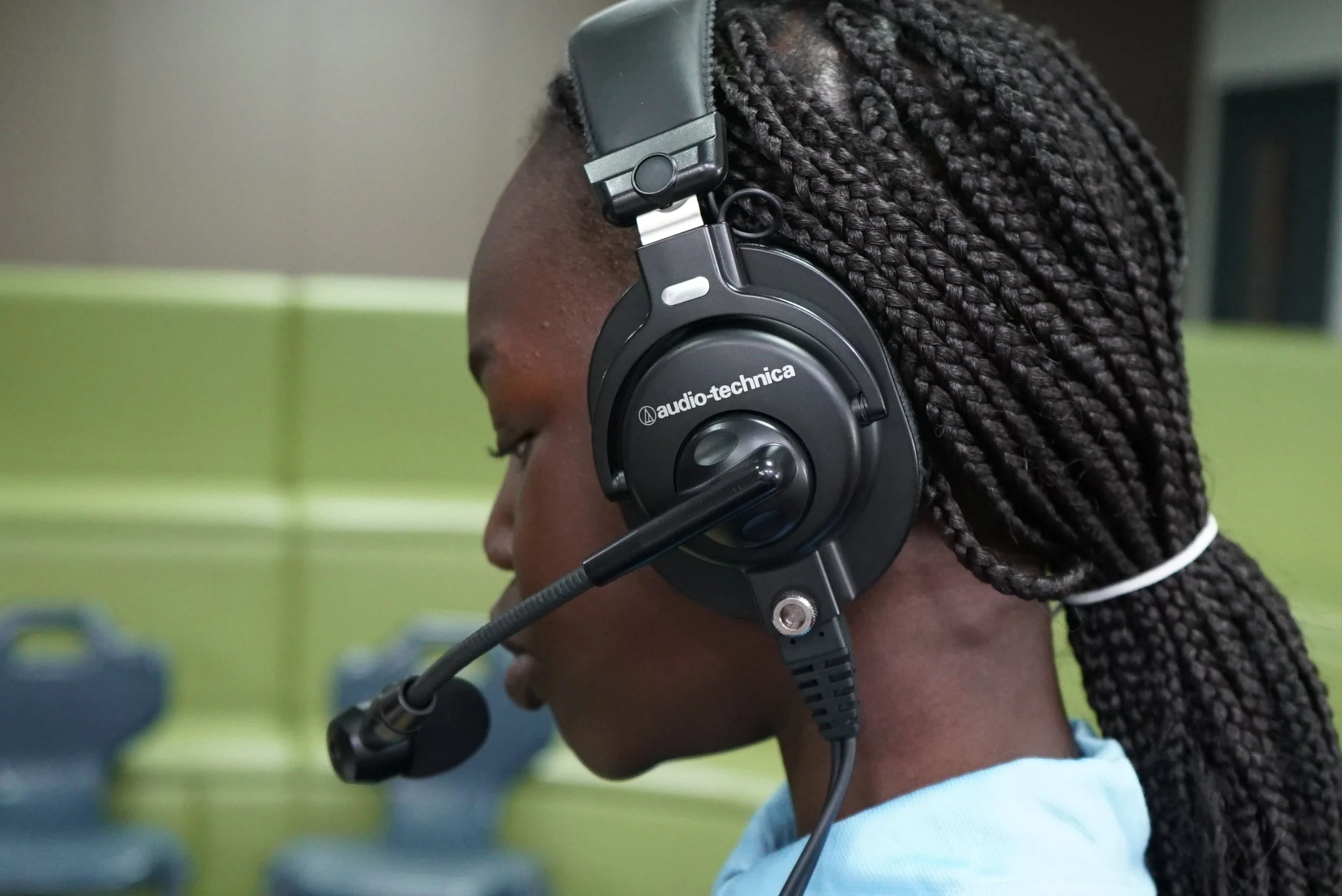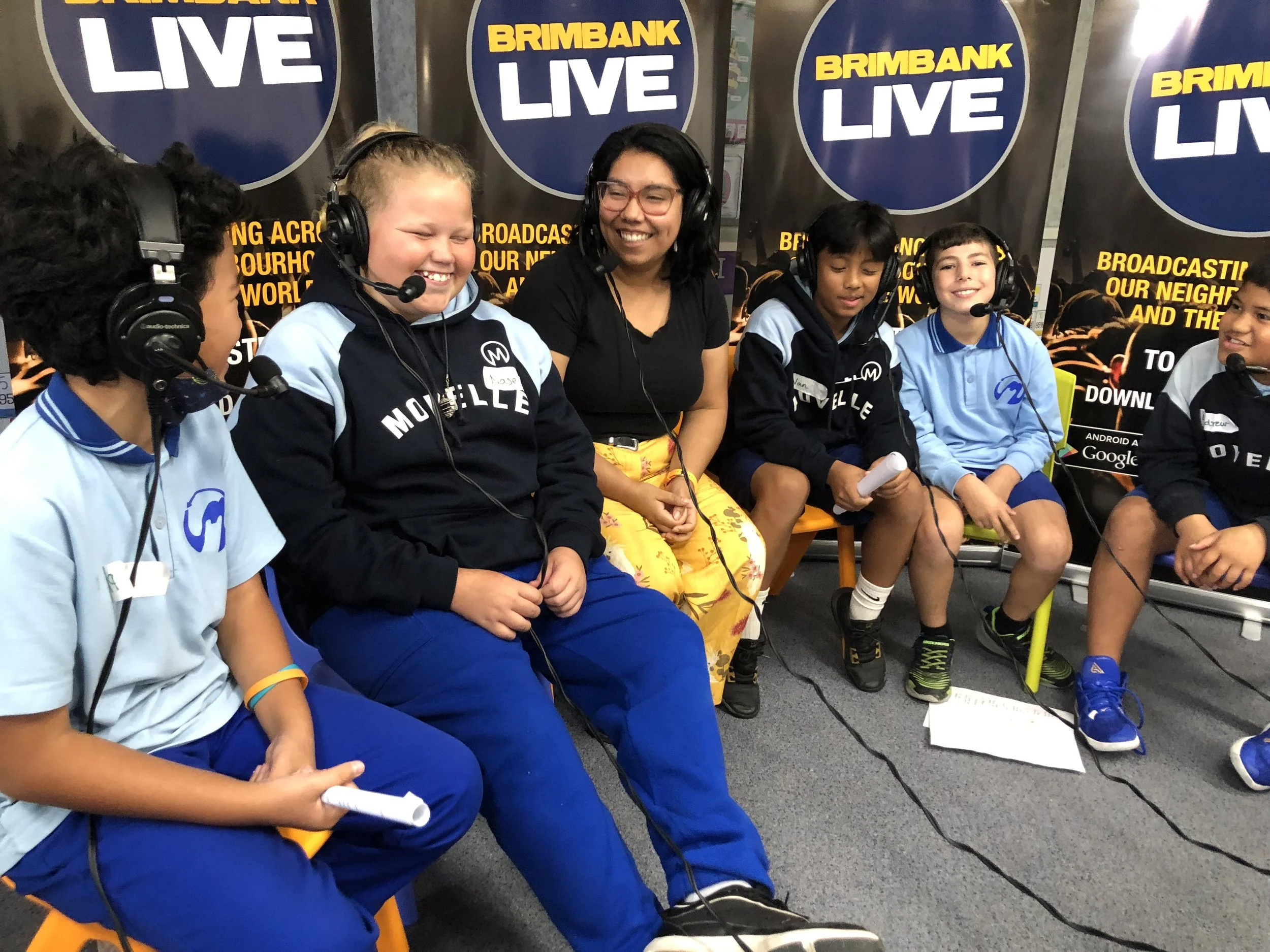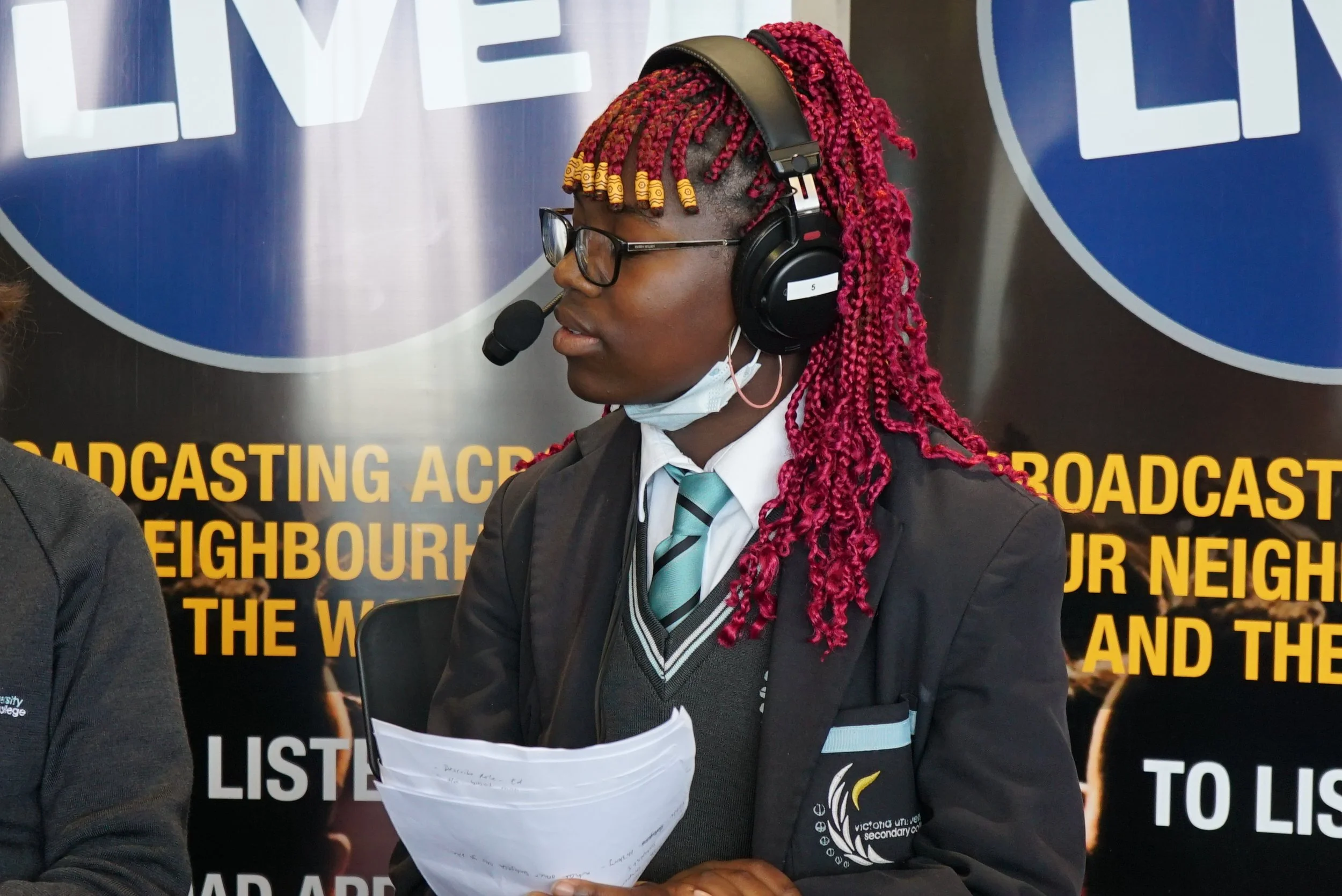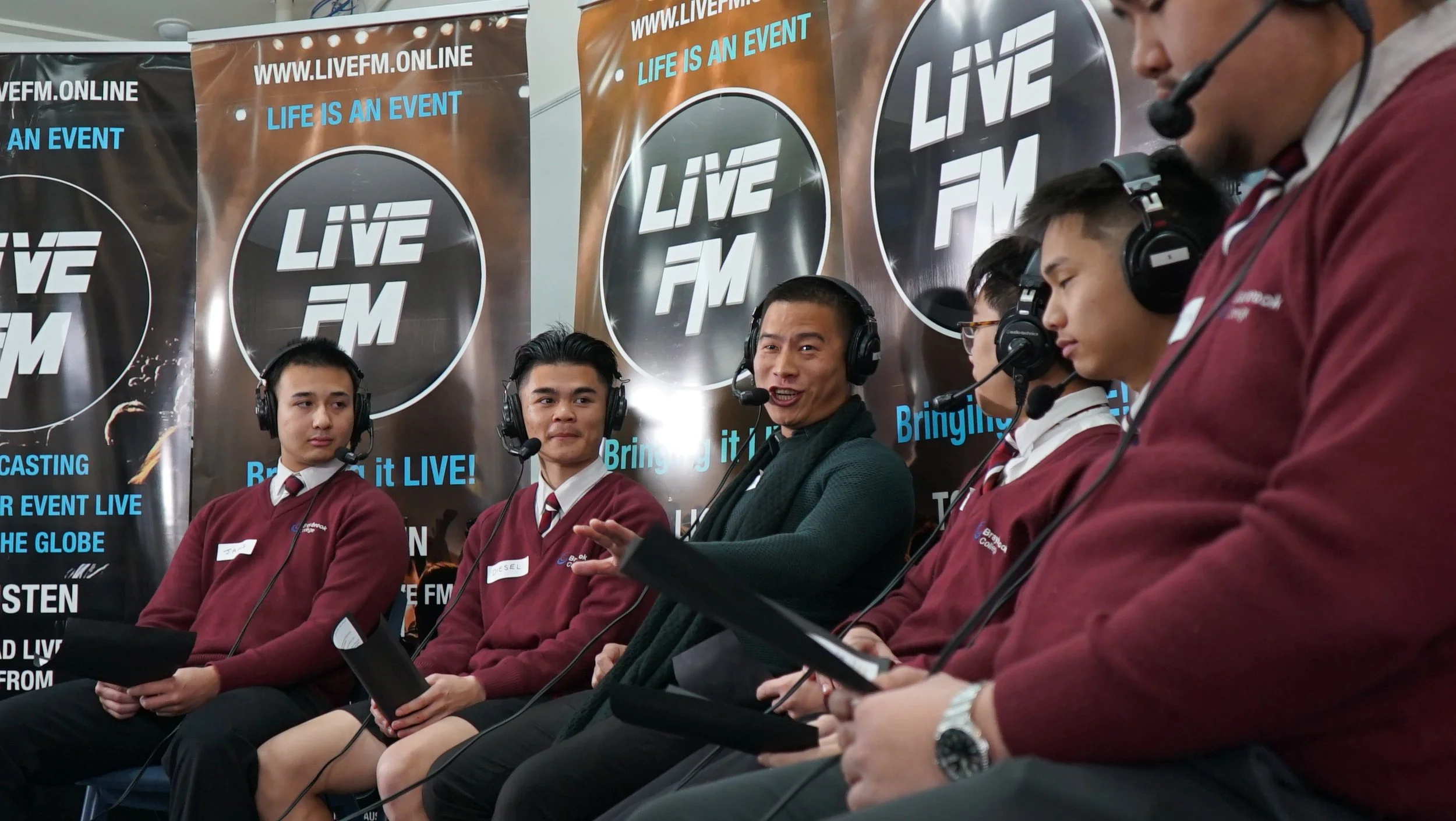In the rapidly evolving digital landscape, information technology (IT) literacy has become a cornerstone of educational success and empowerment. As educators seek innovative methods to integrate technology into the curriculum, podcasting emerges as a powerful tool for enhancing IT literacy among students. This multifaceted medium not only enriches learning experiences but also equips students with essential digital skills. This blog explores the process of creating, producing, presenting, and promoting podcasts and how each phase contributes to building IT literacy, preparing students for the challenges and opportunities of the digital age.
Production: Cultivating Digital Research Skills
The journey of creating a podcast begins with the production phase, where students select topics and conduct in-depth research. This stage introduces them to digital research techniques, including evaluating online sources for credibility, utilizing academic databases, and employing search engine optimization (SEO) strategies to gather relevant information. By navigating various digital platforms and tools for research, students enhance their ability to locate, analyze, and synthesize information from the web, laying a solid foundation for IT literacy.
Producing: Mastering Technical Skills
The technical production of a podcast—recording, editing, and mixing audio—provides a hands-on learning experience in digital media creation. Students become proficient with audio editing software, learning to manipulate tracks, integrate sound effects, and adjust audio levels. This phase also introduces them to file formats, data management, and the principles of sound engineering. Through the process of producing a podcast, students develop a practical understanding of digital technology and media production, skills that are increasingly valuable in both academic and professional contexts.
Presenting: Enhancing Digital Communication
Presenting a podcast requires students to consider their digital audience and the most effective ways to convey their message through audio. This stage encourages students to develop skills in digital storytelling and public speaking, focusing on clarity, engagement, and the use of digital tools to enhance their presentation. Additionally, presenting their work to an audience, whether live or through a digital platform, fosters adaptability and proficiency in various digital communication tools and platforms, further enhancing their IT literacy.
Promoting: Learning Digital Marketing and Social Media Strategies
Promoting their podcast introduces students to the world of digital marketing and social media, teaching them how to reach and engage with an audience online. This phase covers topics such as social media management, content creation, digital advertising, and analytics. Students learn to use digital platforms not only as social tools but as powerful channels for communication, marketing, and audience engagement. Through the promotion of their podcast, students gain insights into the dynamics of digital communities and the strategies used to navigate and influence them.
The Impact of Podcasting on IT Literacy
Integrating podcasting into the educational curriculum offers students a comprehensive learning experience that extends beyond traditional IT literacy. By engaging in the production, producing, presenting, and promoting of their own podcasts, students acquire a wide range of digital skills that are essential for success in the 21st century. This hands-on approach to learning not only enhances their understanding and proficiency in using technology but also fosters creativity, critical thinking, and problem-solving abilities.
Conclusion
Podcasting is an effective and engaging tool for building IT literacy among students, offering a practical and integrative approach to learning digital skills. Through the process of creating their own podcasts, students are empowered to explore, create, share, and engage with digital content, preparing them for a future in which technology plays a central role. As educators, it's our role to harness the potential of podcasting to develop IT literate, confident, and capable learners ready to navigate the digital world with ease.
Ralph Barba
LIVE FM Executive Producer & former teacher
For more information email:
